|
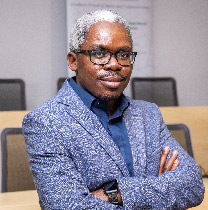
Associate Director’s Corner
From academia to practice: Developing a favourable mental and neurological health environment in LMICs.
The Brain and Mind Institute (BMI) is the first completely integrated effort bringing together experts in East Africa and South Asia to generate new knowledge, advance education and advocate for improvements in mental and neurological health within the regions served and beyond.
The BMI recognizes the importance of the community in mental health, and works to facilitate the transfer of research-informed care and education to community settings. We use innovations in evaluation and big data analysis to evaluate illness and treatment outcomes, guide treatment needs (drug and non-drug interventions), and provide training and competencies. The institute also acts as an incubator ecosystem for emerging researchers in the areas of mental health and neuroscience.

Meet the New Members of the BMI Family
We are excited to introduce to you our new staff who have joined us since April 2022!
We believe they will be a great asset in positioning BMI globally, and we welcome them to the team!
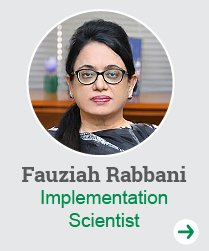 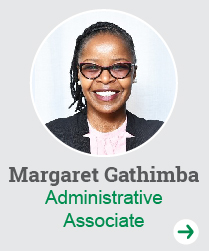 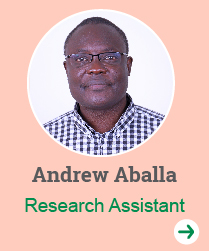 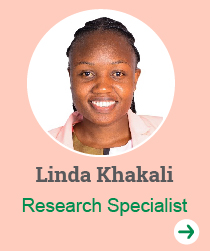 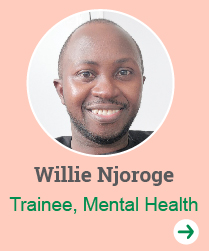

 Staff spotlight: Q&A with Dr Fauziah Rabbani Staff spotlight: Q&A with Dr Fauziah Rabbani What excites you about the work you do? The aspect that motivates me the most is the ability to make a difference at the population and policy level. --- What makes BMI unique? What is different about it? BMI is distinctive in that it has a global expert team that brings diversity of thought and richness of ideas. BMI is different from previous places I've worked since it provides an umbrella to integrate mental health across all AKU entities rather than operating in a silo. --- What is your secret to progress? I feel that determination and perseverance have been my greatest allies to achieve progress throughout my work and life. --- What does a typical day for you look like? Every day, I look forward to going to work. If given the option, I feel that working from a dedicated office space is a more efficient use of academic time than working from home. In my calendar diary, I prefer to have tasks defined strategically and compartmentalised as research, education, and administration. They are categorised as most important, important, and not so important. The first half of my productive day is ideal for conceptual academic writing (manuscript and grant writing, project reports, preparing teaching sessions etc.). The second half of the day is reserved for project monitoring meetings with staff and thesis writing with graduate students. Administrative tasks are often kept at the end of the working day. 

Institute Features/ Updates
Partnerships 
Partnership to improve mental health in informal settlements
The Brain and Mind Institute is collaborating with Nivishe Foundation to support the Mental Health Agenda in East Africa through advocacy, research, and innovative practices. Nivishe Foundation, being rooted in service to Kibera, the largest informal settlement in Kenya and Africa, will leverage expertise and connections to this underserved population. Interventions already in use by Nivishe Foundation are being monitored and evaluated to support the design and development of scalable and replicable models for implementation in similar populations


AKU partnership to address growing epidemic in Africa
This partnership with Davos Alzheimer's Collaborative (DAC) involves a launch of a two-part research program for Alzheimer's disease: a cohort research study, and a clinical trial. Both are addressing the longstanding lack of diversity in Alzheimer's research, aimed at improving care, and increase access to future innovative treatments throughout Africa.


Leveraging big data and data science to help identify areas of greatest need
In many parts of the world, mental health is one of the most neglected areas of public health. By some estimates, close to 1 billion people are living with a mental disorder, 3 million people die annually from alcohol misuse, and one person dies every 40 seconds by suicide. Few people have access to quality mental health services. In low- and middle-income countries, more than 75% of people with mental, neurological and substance use disorders receive no treatment. Stigma, discrimination, punitive legislation and human rights abuses are widespread.

|
